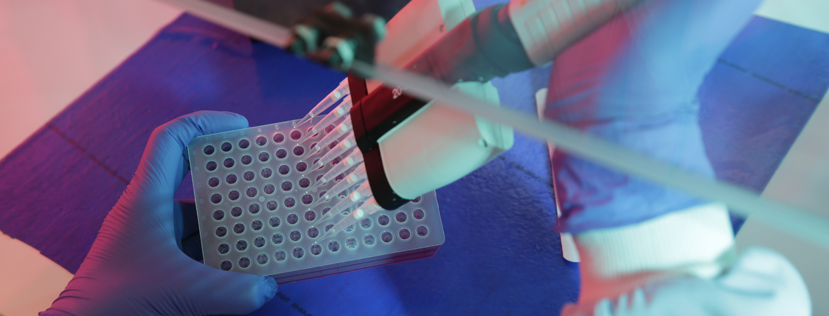About us
The NIHR BioResource Centre Maudsley is part of the NIHR BioResource. The research tissue bank recruits participants living with, or without, mental health conditions. .
We currently have over 50,000 mental and neurological health volunteers with samples stored within the BioResource and are continuing to recruit volunteers. Additionally, we securely store patient contact details allowing us to re-approach our volunteers to help recruit for other studies and clinical trials. Visit the NIHR King’s Clinical Research Facility website for more information.
Online recruitment
The BioResource has pioneered large online projects, specifically the Genetic Links to Anxiety and Depression Study (GLAD Study) and the Eating Disorders Genetics Initiative UK (EDGI UK).
Both projects publicise the projects using standard social media platforms and have achieved huge success in recruiting large numbers of participating and in educating the public about these conditions via regular engaging social media posts.
These projects are collecting extensive phenotypic data which has been valuable in researching aspects of these conditions.
To find out more about our GLAD and EDGI projects, visit:
The Genetic Links to Anxiety and Depression (GLAD) Study
- led by the NIHR Mental Health BioResource and researchers at King’s College London, in collaboration with researchers at Ulster University, University of Edinburgh, and Cardiff University, is a project set up to support studies exploring risk factors for depression and/or anxiety.
- Since it was launched in September 2018, more than 92,000 participants have registered to the GLAD Study
- The Study has successfully recruited more than 53,000 participants who have provided questionnaire data and of these, more than 37,000 participants have returned their saliva kits enabling us to do genetic analysis.
- To date, the Study data and participants have been accessed by 50 researchers. Recruitment to the GLAD Study is also taking place via NHS sites and to date, over 200 sites have been set up in NHS Trusts, GP practices and clinics.
The Eating Disorders Genetics Initiative UK (EDGI)
- also led by the NIHR Mental Health BioResource (part of the NIHR BioResource), researchers at King’s College London and Beat, the UK’s eating disorder charity, is a project set up to support studies exploring risk factors for eating disorders.
- EDGI UK is part of a global effort to thoroughly investigate eating disorders, to investigate the inter-relationship between genes and environment and explore new therapies which may have more lasting effectiveness than current treatments.
- Since its launch in February 2020, almost 12,000 participants have registered for the study and about 6,000 participants have completed the baseline questionnaire and almost 4,000 participants have provided saliva samples for DNA. EDGI UK has also been set up for recruitment in 10 NHS clinical sites.
Recruiting Diverse Populations
We understand that individuals from many different ethnic minority communities are underrepresented in research studies, both as research participants and as researchers, and that this lack of representation has roots in historic injustice and systemic racism towards these groups.The NIHR BioResource Centre Maudsley is committed to prioritising this issue by engaging in discussions with different communities and taking necessary steps to improve representation in our team and our participants.
For more information
For more information, please email us at bioresource@kcl.ac.uk.





